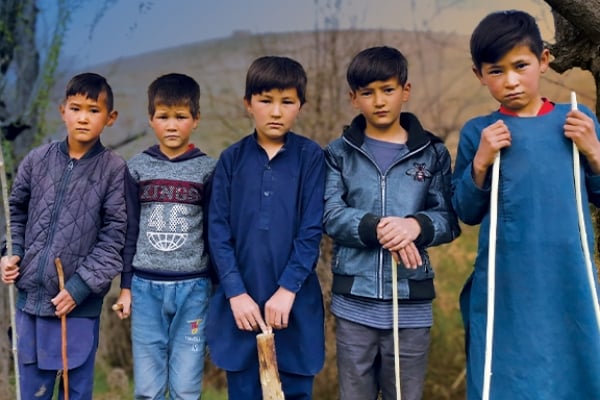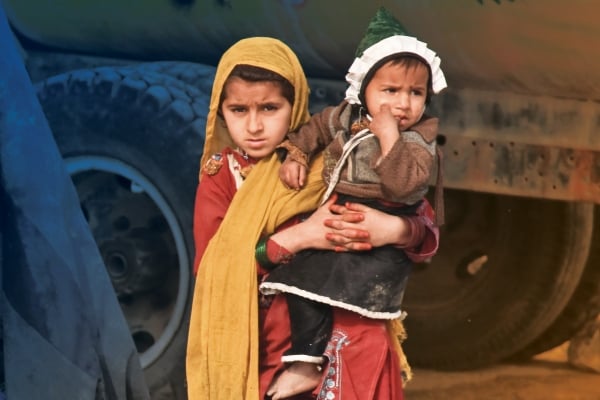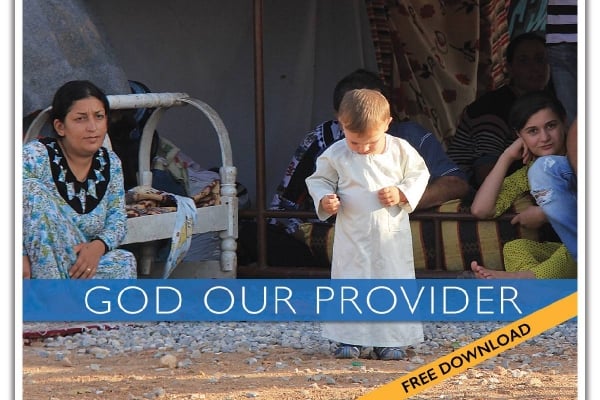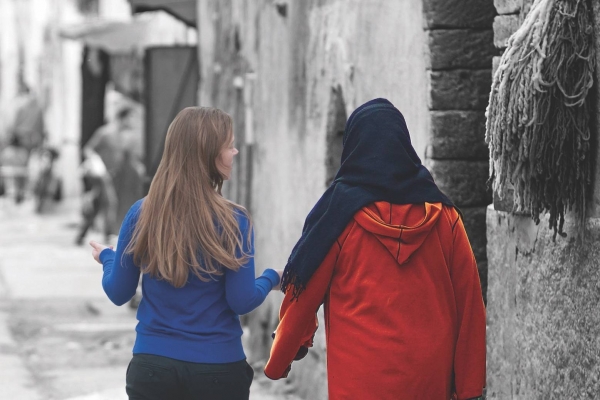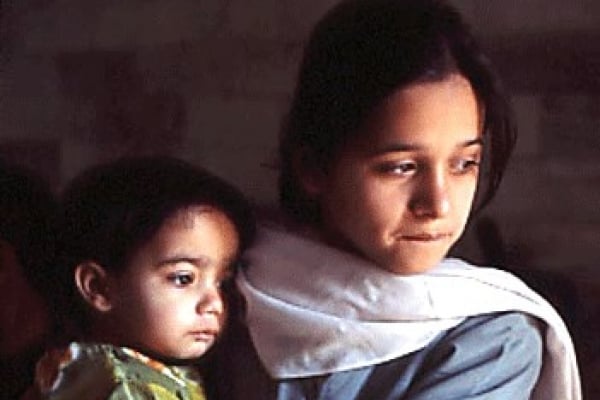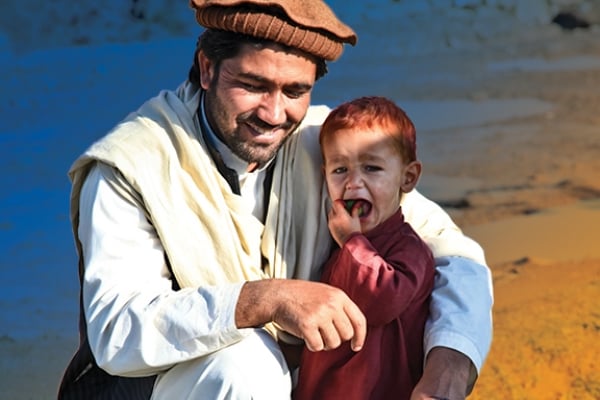
Welcoming Afghan Refugees: Q&A with Christar Workers
The Church in America and other parts of the world has an amazing opportunity to reach out to those who have fled Afghanistan in recent months. These refugees come from a nation where just a miniscule fraction of the population has heard the gospel, and as they enter our communities, believers in Christ have an open door not only to meet pressing needs but also to share the eternal hope found only in Jesus.
In the interview below, two Christar workers serving among the Afghan people offer suggestions for Christians who want to welcome and reach out to the 70,000 Afghans who have arrived or will soon be arriving in the United Sates, potentially in neighborhoods near you.
Why is it important for the American Church to get involved in reaching out to Afghan refugees?
Jesus gave us a commission to fulfill (Matthew 28:18-20). In the past, our tendency as believers in a sending nation has been to think of this task as something that is done by Christian workers who live overseas. Our congregations need a paradigm shift. God intends for US—those in the United States (and in other countries receiving refugees) to reach out to the internationals He has brought to live next door! There are loads of Old Testament Scriptures about God's heart for the sojourner/foreigner and instructions for how these people are to be treated that should motivate us to get involved and guide us as we do.
Would you give some examples of how you’ve seen God working recently among the Afghan people?
We've prayed a long time that we would see reproducing churches established among Afghans. Now we're starting to witness a number of amazing things, such as people contacting us and asking to be baptized, as well as individuals who are indicating their vision to reach others with God’s Word.
Social media gives us a unique opportunity to cast the net more widely. We have many Afghan friends we've tried to reach face-to-face (with limited success), but we see that God is using Facebook (and Messenger) to lead us—and other workers like us—to those whose hearts He has prepared. People like our friend Ivan* see the inconsistencies and oppression of their birth religion—for example, being forced to submit to a system of religious law is not consistent with a God of love who gives us a choice to follow Him.
Ivan is well-connected with others who are open-minded and has introduced us to his friend Will, with whom we're now communicating one-on-one. We've invited Ivan to start a discussion group in a messaging app with Will and me.
Saul, another Afghan friend, is a teacher who has started sharing God’s Word with his 150 students. He sent us an audio recording of him introducing them to the story of Genesis 3 and interacting with them about it. We're starting to coach him on how he can ask questions that will help them memorize 27 representative Bible stories. The goal is for them (and others who follow our Facebook page) to be able to retell these to others—with no detail omitted—and for the gospel to spread person to person. This method follows a model we learned from Scriptures in Use; it’s ideal for people with oral cultures (such as the traditional Afghan culture) and is reproducible even by those who are illiterate!
We’re excited to see God’s Word being made known among Afghans and praise God for enabling us to connect with people who are open to learning it. And we’re asking Him to form many like Ivan and Saul into powerful messengers of the good news.
What advice would you offer to someone wanting to become involved in ministry to Afghan refugees?
As you become involved in ministry to Afghan refugees, it can be easy to focus on what you lack, like not knowing the language or culture, or feeling uncertain about how to interact. Instead, optimistically cling to the reality of God’s power to work through you, even in your weakness, as you make yourself available. Embrace this as an opportunity to let His compassion flow through you to someone who is, no doubt, deeply hurting.
Approach this in faith, not fear. Due in part to this crisis, we see that God is currently at work among Afghans in an even greater way than what we have seen in the past! Your willingness to step out of your comfort zone (as Jesus did for us) is the first step to seeing the great things HE will do.
What are some overlooked opportunities in reaching out to refugees?
Speak openly about your faith. While Americans tend to be reserved about politics and religion, Muslims are typically passionate about religion and love to talk about it; they expect others to talk about their faith as well. Don’t be scared off by their passion. Since there is no separation of religion and state in Islamic governments, it is important to help Afghans understand that our government and culture, as depicted in the news or in movies, are not synonymous with Christianity.**
Start with stories. Rather than jumping into theological discussions, lay steppingstones for sharing the gospel by focusing first on Old Testament Bible stories. Even though some of these stories are found in the Quran, many Muslims may not know them well or may not be familiar with the biblical versions. If the person with whom you’d like to share is literate but does not understand much English, you could give them a translation of a story in print form or point them to the electronic version in an app or on a website. For the illiterate, you could even play the audio from your phone. (See this list of resources for suggested tools.)
Use questions. Inquire about their lives and beliefs and truly listen. This will help you learn about their worldview, but it is also a way you can gently steer the conversation.
What cultural factors could affect how a Christian should interact with Afghan refugees?
The vast majority of Afghans are Muslims. Bear in mind that Muslim culture is based on honor and shame rather than innocence and guilt (like Western culture). It is important to them to appear honorable—to do what is perceived as socially expected or right in the eyes of the authority—so they will hide what is seen as shameful. Try to think about how they might perceive your actions and whether those actions would honor or shame them.**
Also, be aware that outside of close family, Afghans are more accustomed to relating to individuals of the same gender. Those who are more conservative will feel uncomfortable interacting with the opposite sex, to the extent that they prefer to sit separately, even in different rooms. Pashtun men in particular will often not allow their wives to be seen by men outside their immediate family, and a man should not ask any unnecessary personal questions about females in the family (including asking about their names).
Are there any particular dos and don’ts, or potential pitfalls to consider?
Being aware of cultural factors that can impact how your words and actions are perceived can help you interact with Afghans in your community in ways that reflect Christ well. For example:
- Do take off your shoes at the door of a Muslim’s home (a place to be kept clean for ritual prayer).
- Do use slippers, if they are provided, for the bathroom (a ritually unclean place).
- Do show friendliness and generosity.
- Do be sensitive to Islamic dietary restrictions. Muslims will not eat pork or any meat that is not halal (prepared according to Muslim law). In addition, most refugees are unaccustomed to Western food. Few Afghans we know appreciate any dishes other than their own traditional fare. Fresh or dried fruits and nuts may be the best option when serving Afghan guests or bringing a gift of food.
- Don’t put your Bible on the floor (a ritually unclean place). In the minds of Muslims, that would be the same as stomping your foot on your Bible!
- Don’t extend your hand to (or otherwise touch) a member of the opposite sex—unless your Afghan friend initiates a handshake. You could convey an unintended message.
- Don’t look at a member of the opposite sex in the eye (especially American women to Afghan men). This also communicates an unwanted message.
- Don’t accept an invitation to share a meal the first time it is offered (and probably not the second or third time either). Afghan culture dictates they must offer hospitality, part of maintaining face in their honor-and-shame culture.
In addition, as we minister to "refugees," we should be wary of communicating paternalistically and should start thinking of transitioning to a different term, lest they feel labeled. These internationals are now our "new friends and neighbors," and will soon be our "fellow Americans."
How can readers be praying for your ministry and for the outreach of other workers like you?
- Please pray that we would all serve in the strength of God, not out of our own flesh. This kind of work can easily lead to burnout.
- Please ask that we will learn to offer holistic care: practical help, emotional support and spiritual input.
- Please also pray that God will raise up many individuals to visit and care for our new American friends. They desperately need to know His truth clothed in love.
Get a list of resources related to reaching out to Afghans.
**Ideas borrowed from Nabeel Qureshi’s Seeking Allah Finding Jesus, Video Study: Session 1

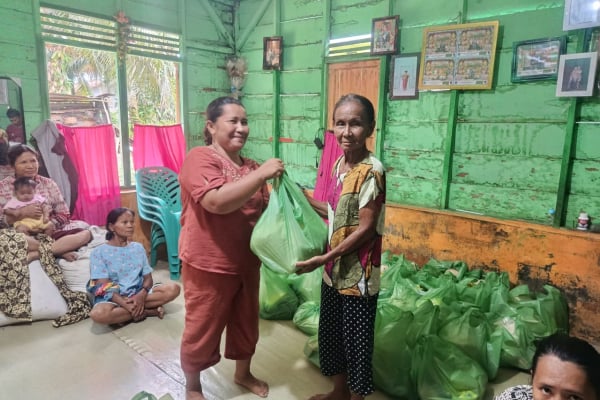
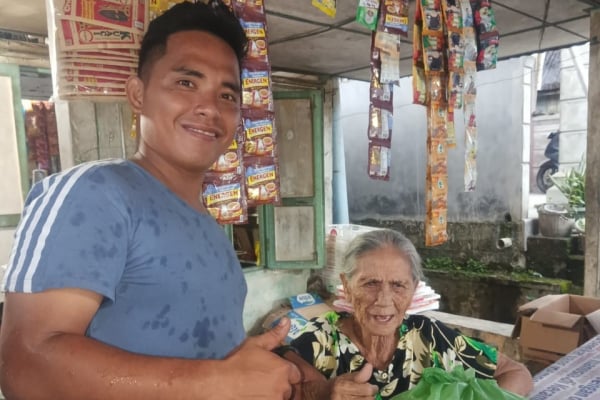



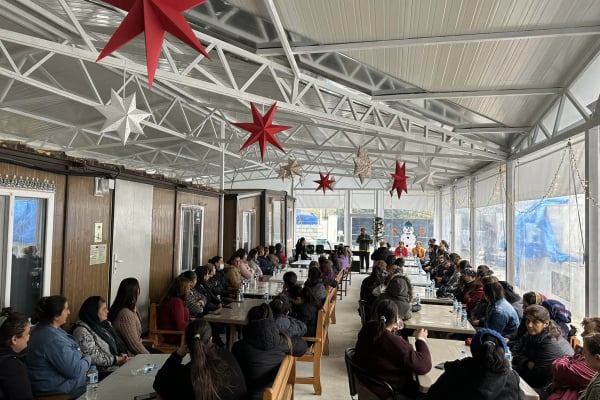
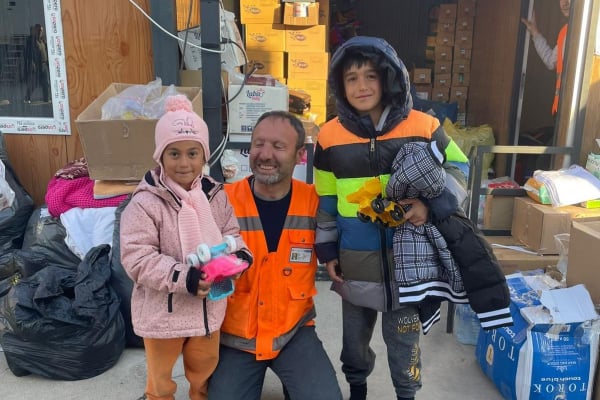
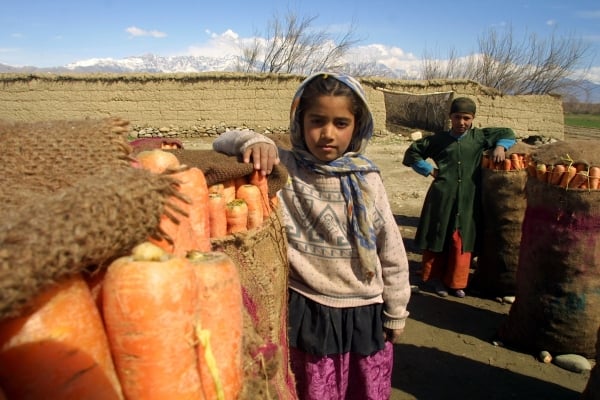
_1624034103_600x400.jpg)









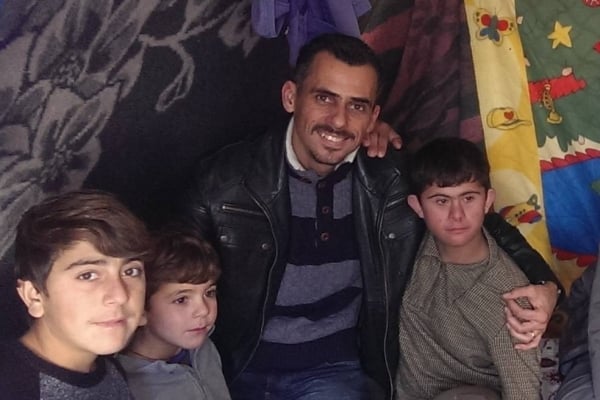
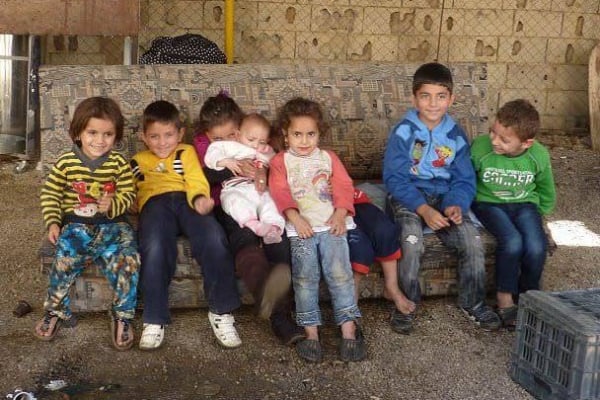

_1654032461_600x400.jpg)

